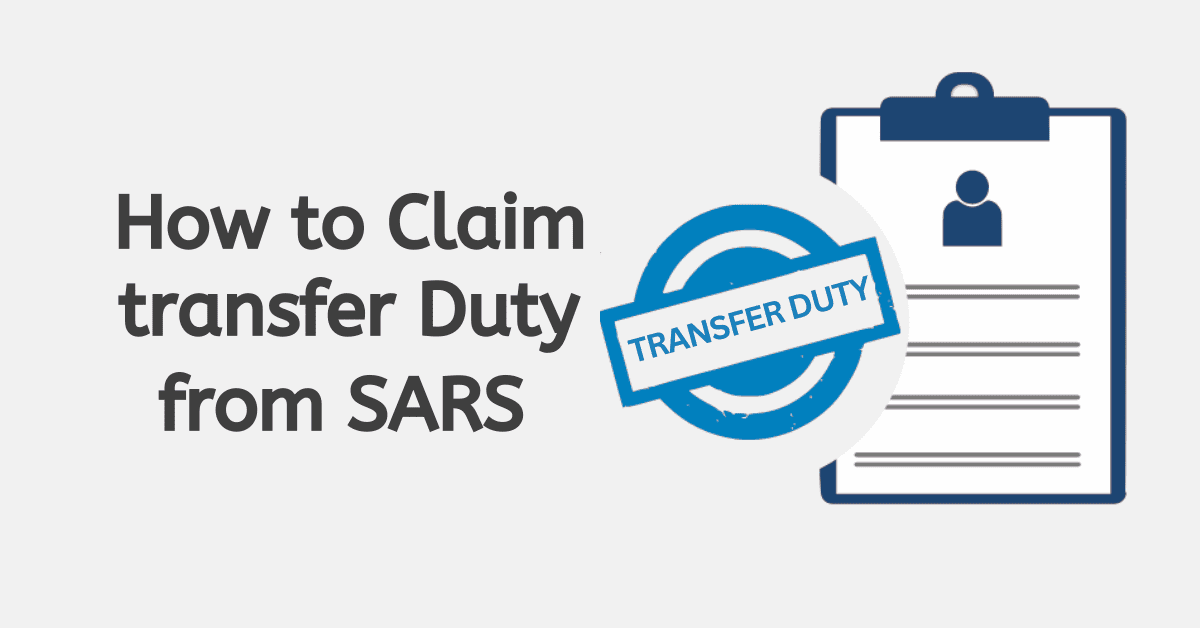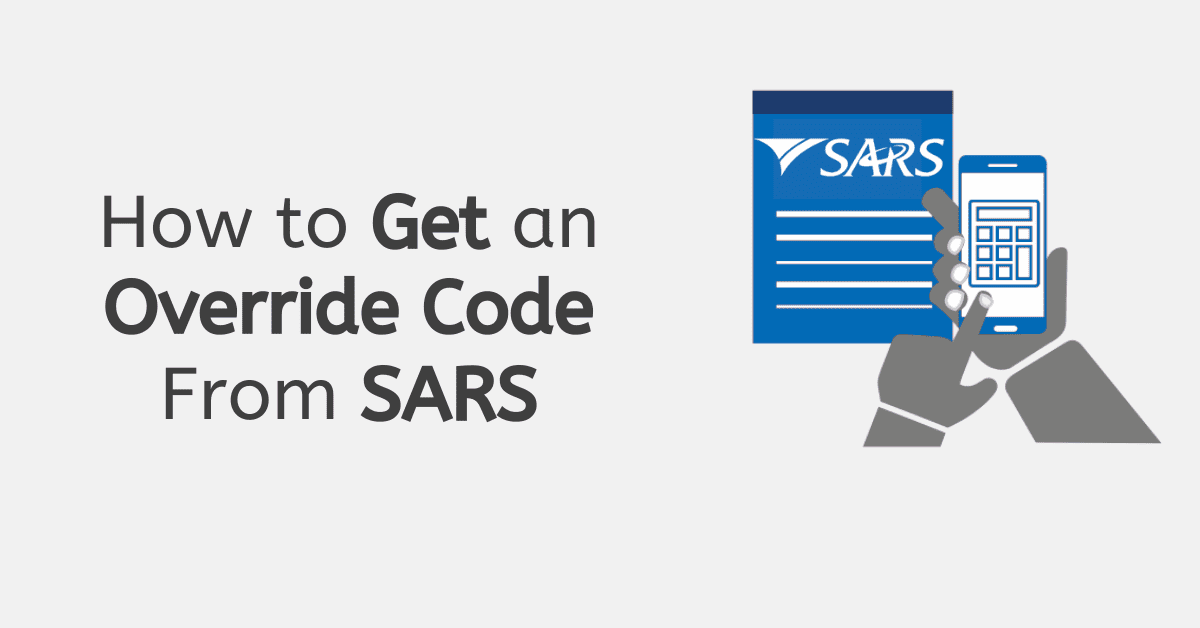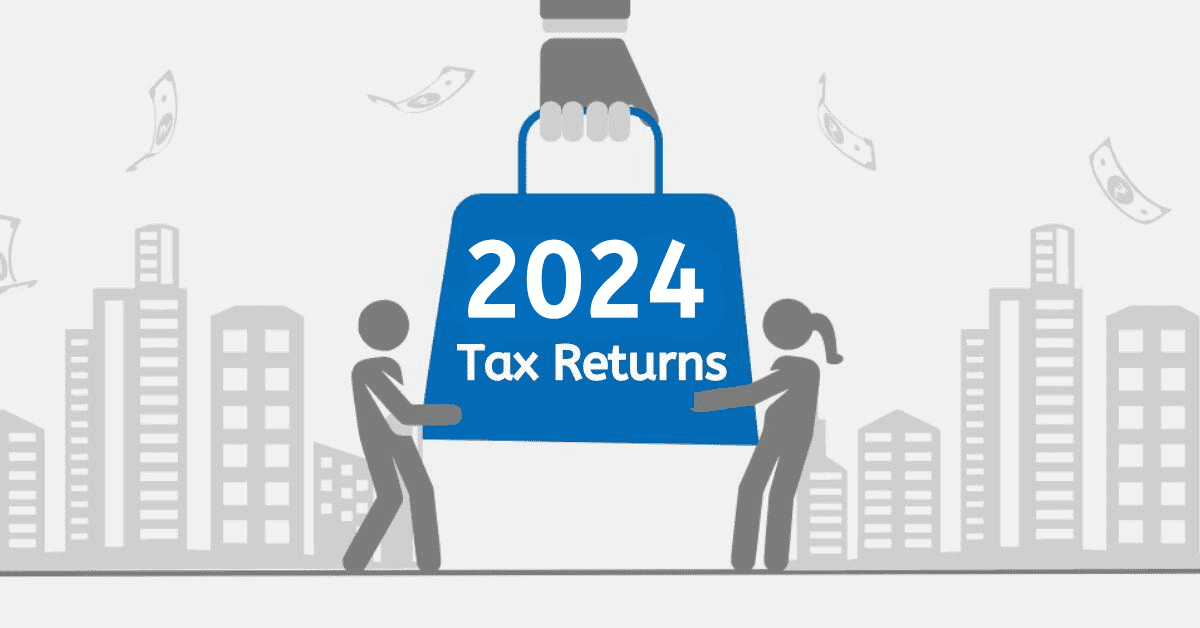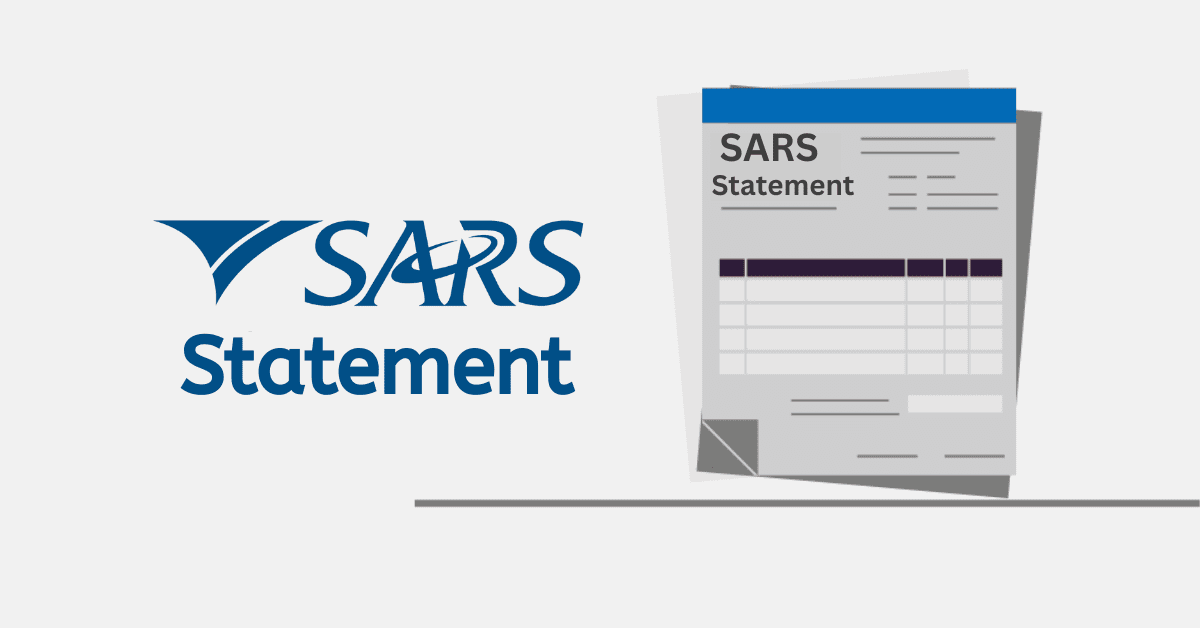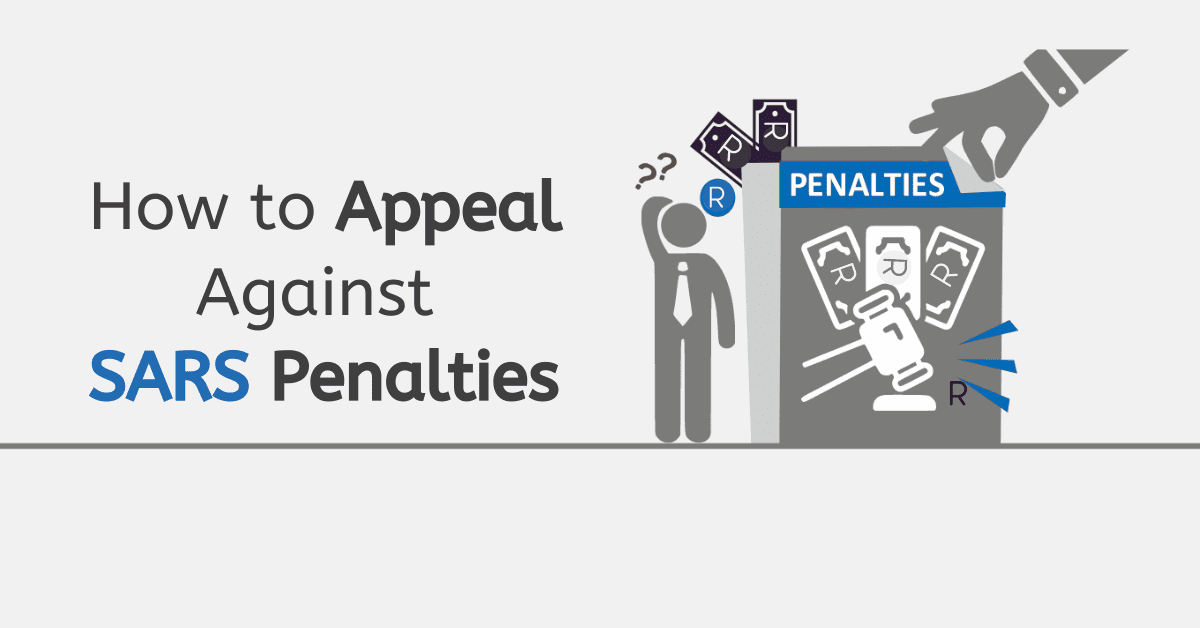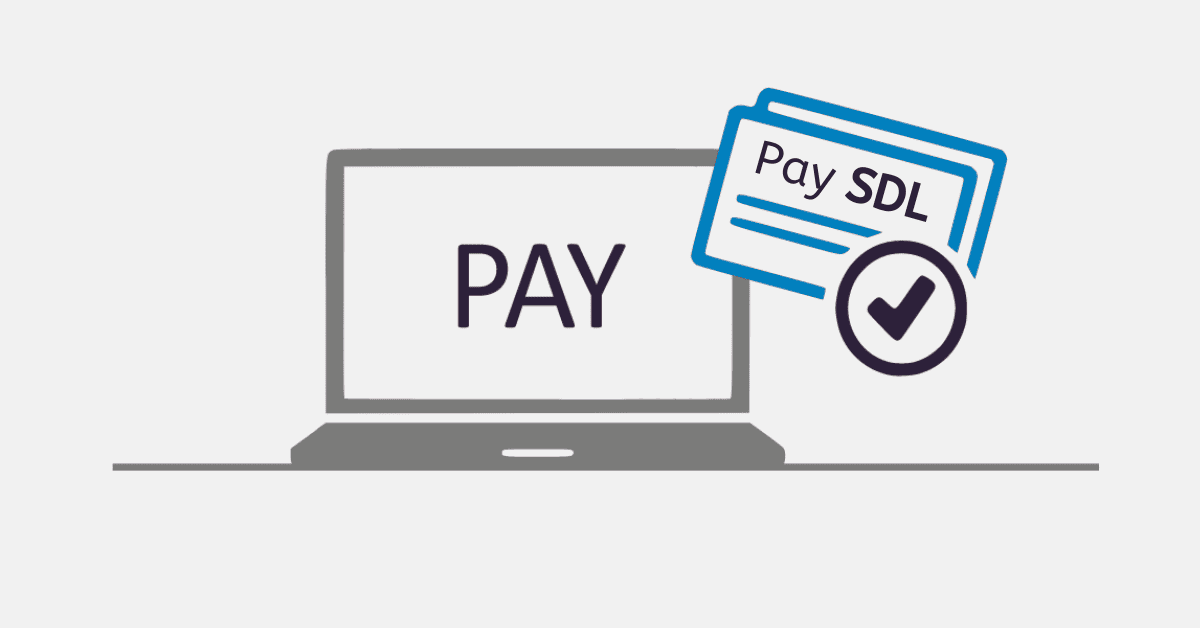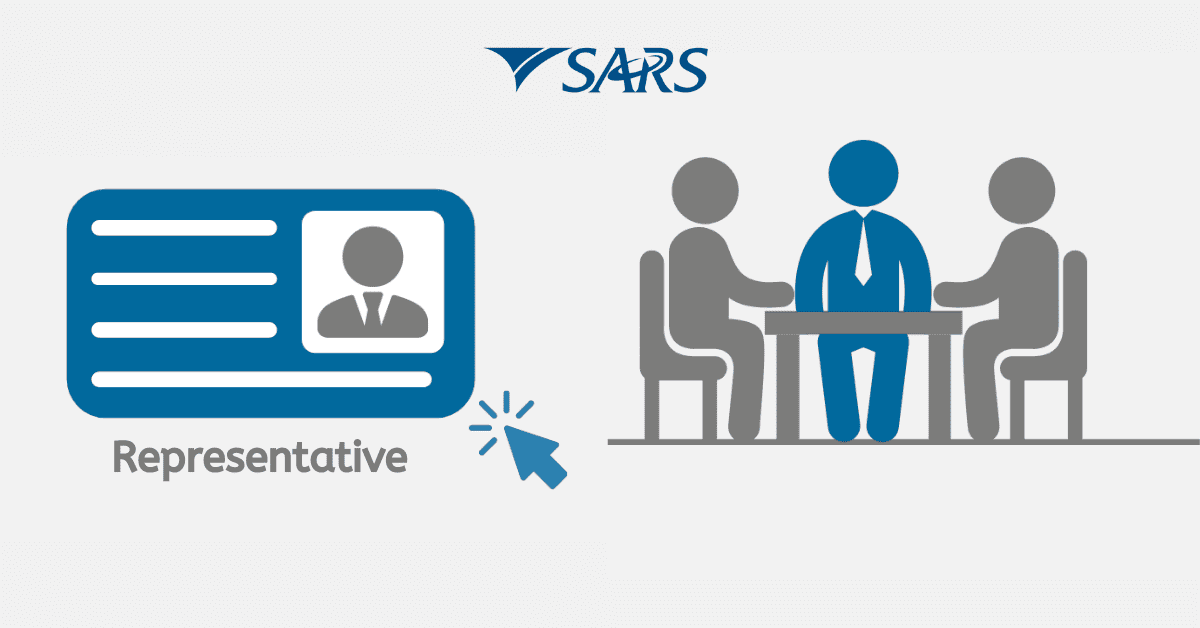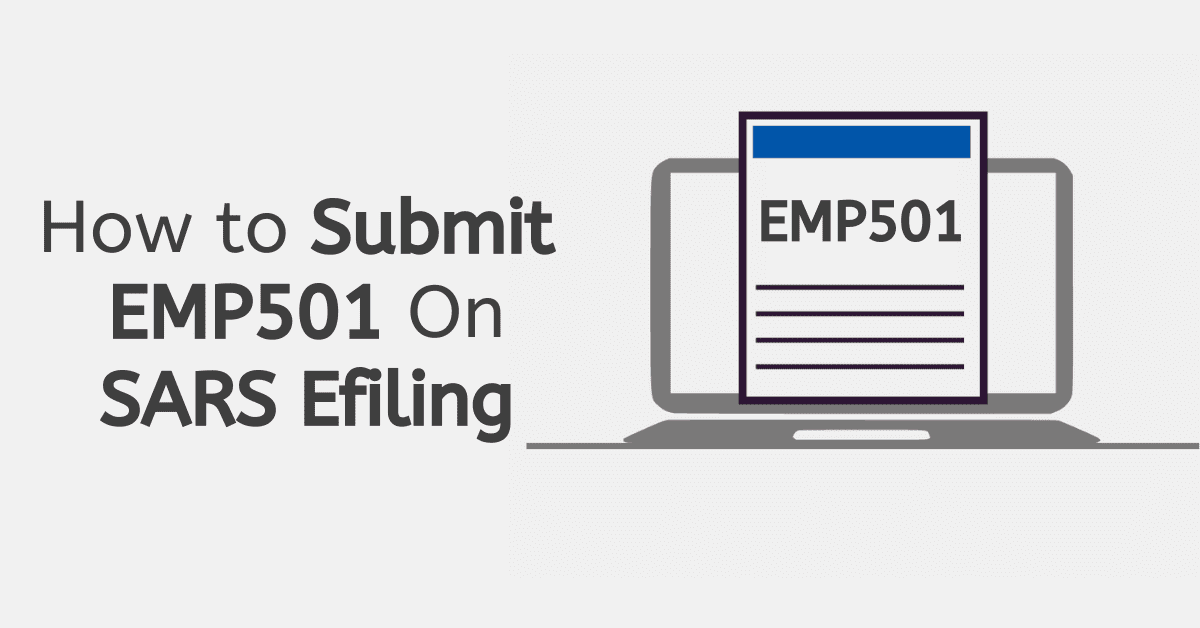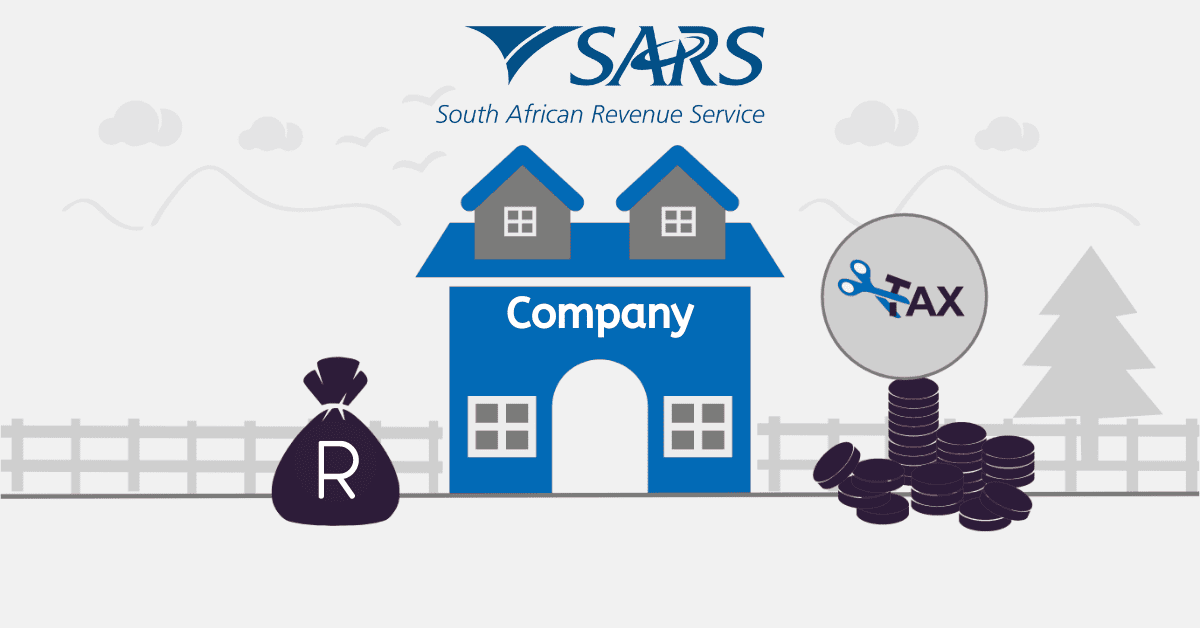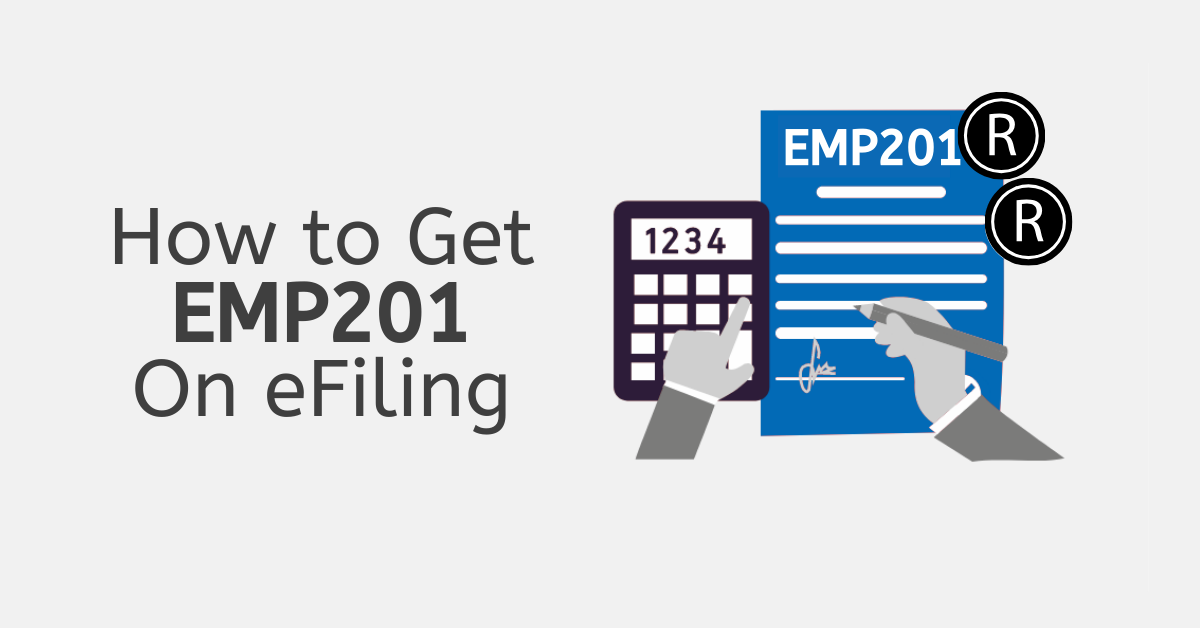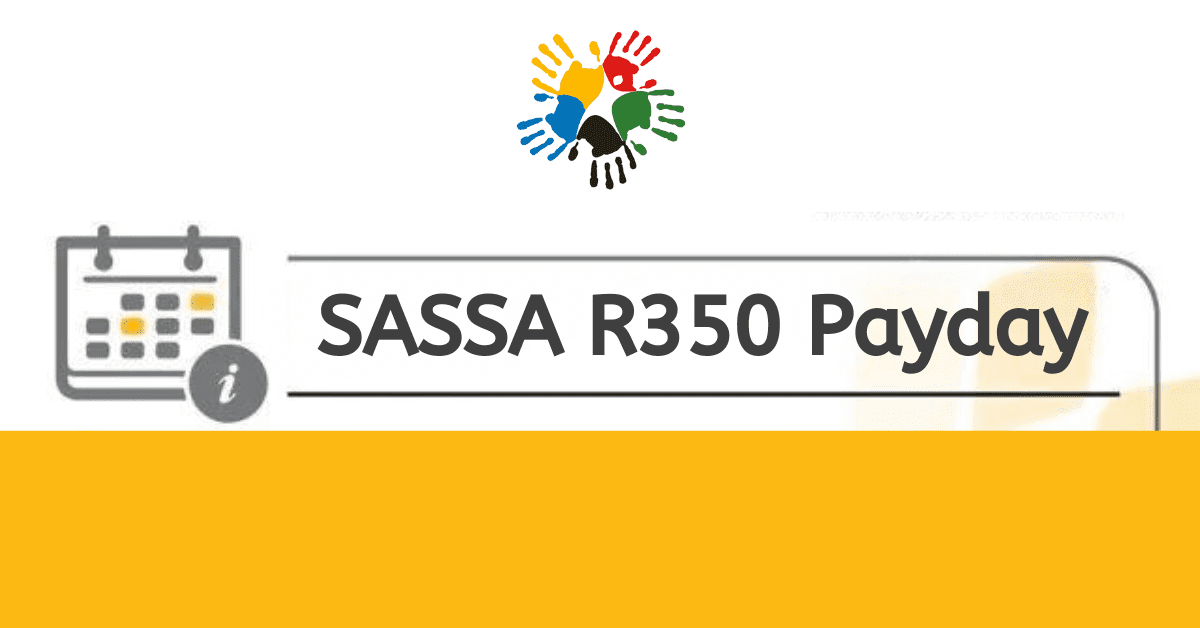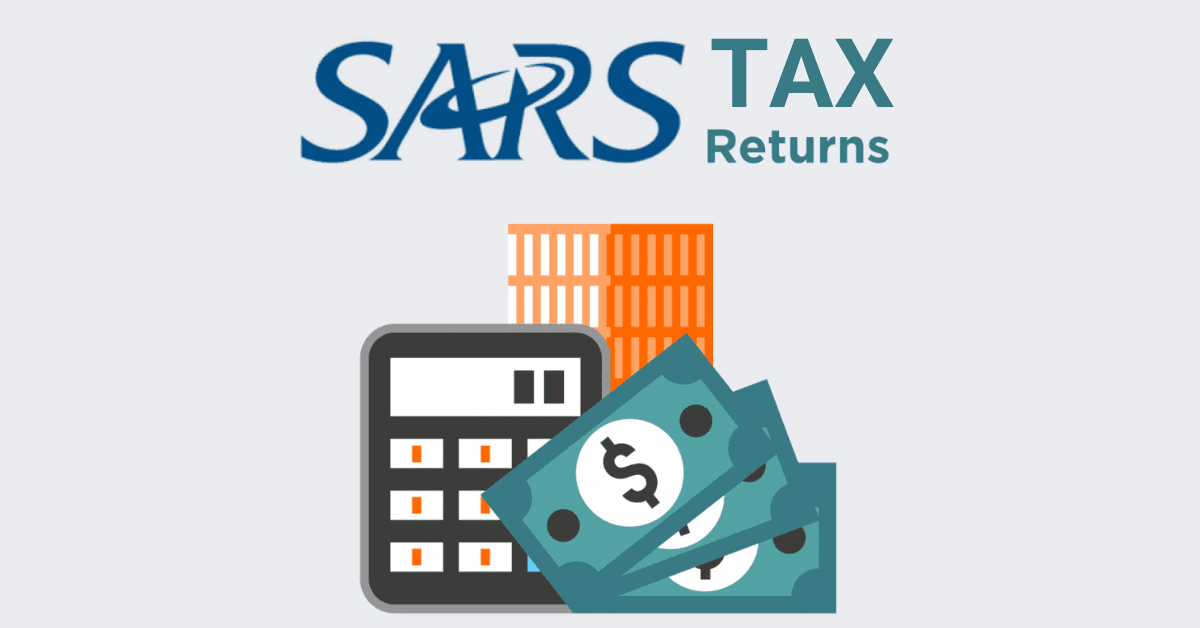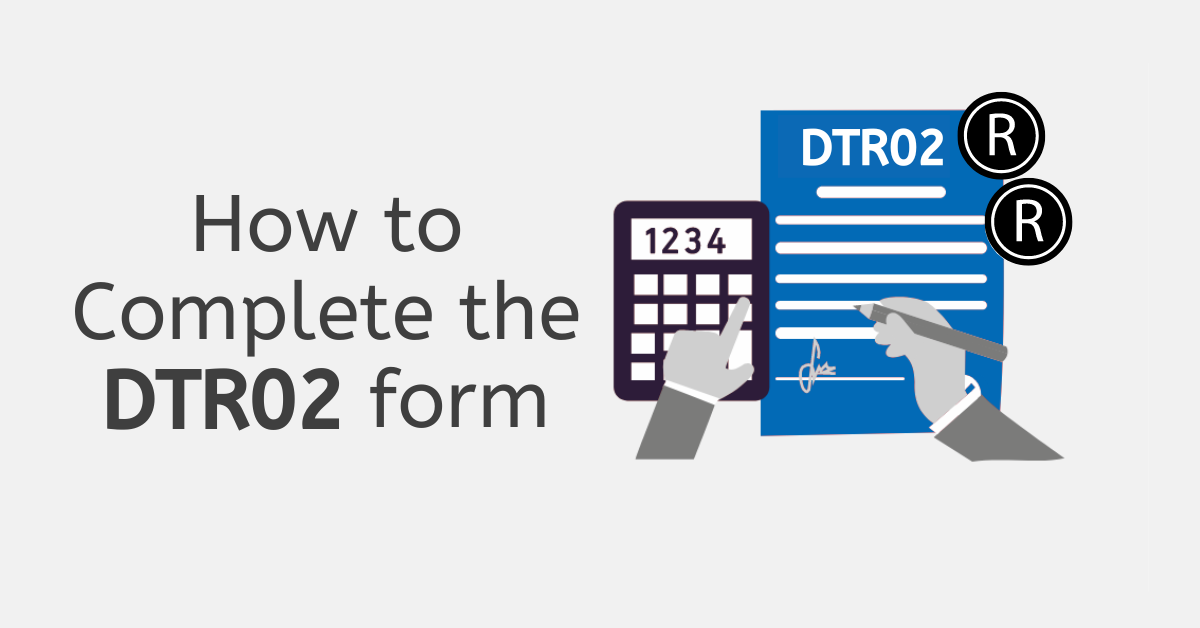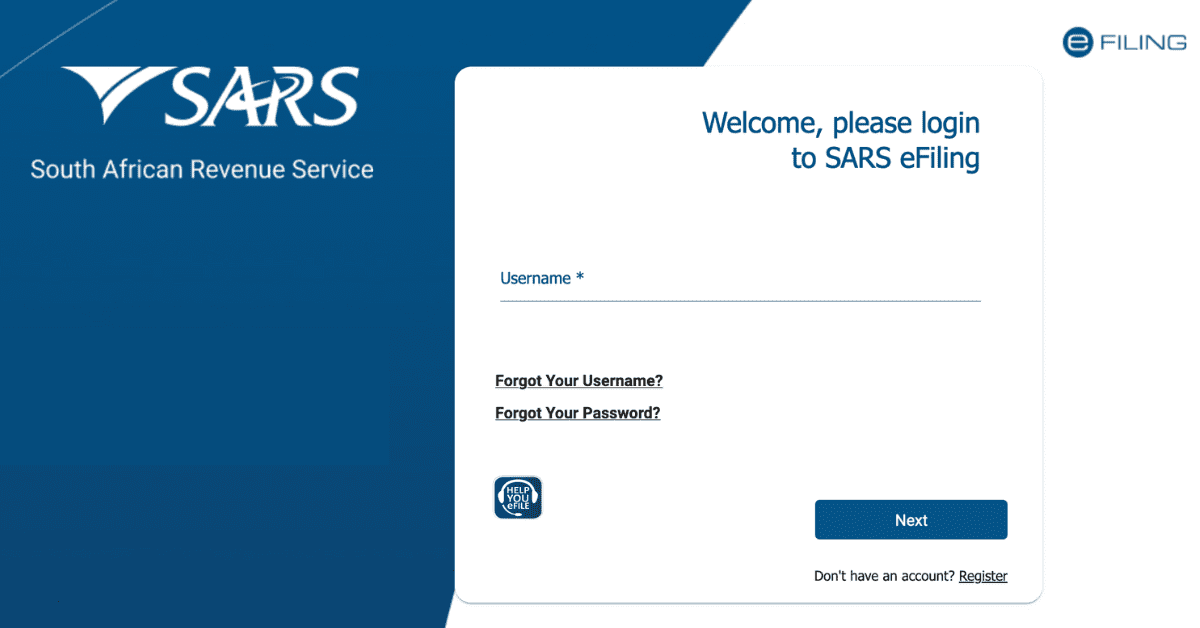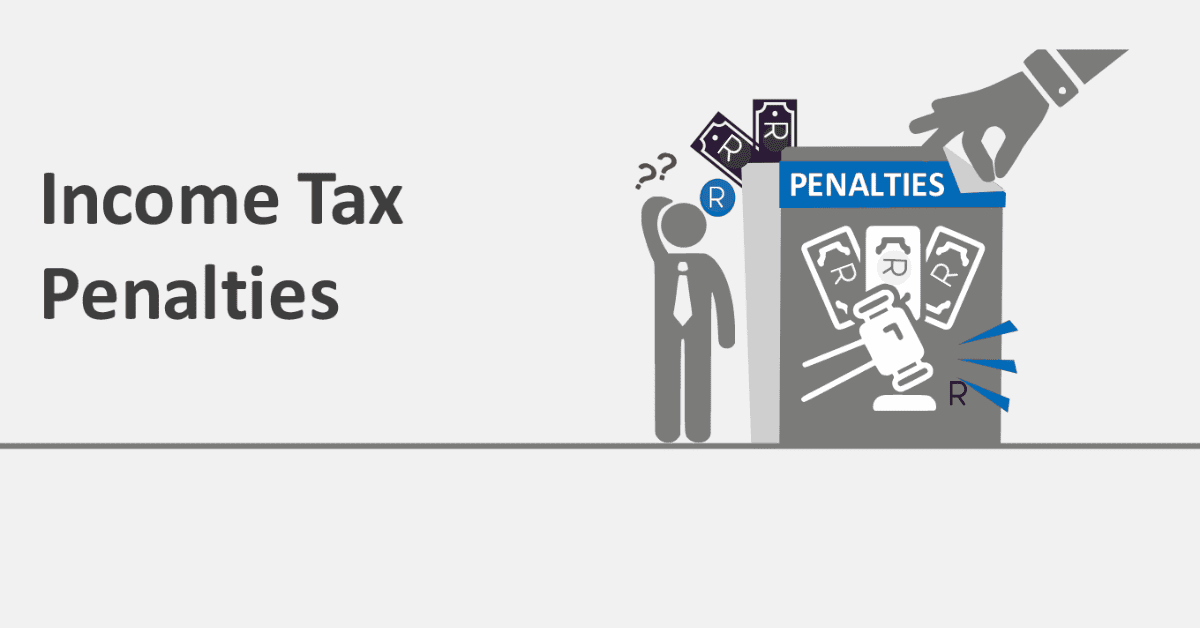In order to promote greater access to medical care and a fairer tax system, SARS allows for certain medical expenses to be deducted from the income tax you are due to pay every month. Many people find this a tricky part of their annual income tax return, so we have covered some key details for you below.
What Medical Expenses can I Claim Back from SARS?
You can claim back a portion of your medical aid scheme fees from SARS on your annual tax return. Additionally, there is the additional medical expenses tax credit, which covers the following:
- Services by registered medical practitioners, including optometrists, dentists, homoeopaths, osteopaths, naturopaths, physiotherapists, chiropractors, orthopedists, and other licensed and recognised practitioners.
- Hospitalisation in registered nursing homes and hospitals
- In-home care by registered midwives, nurses and nursing assistants, and nursing agencies
- Medicines prescribed to you and acquired from a registered pharmacist.
- Medical expenses incurred outside South African borders that still fit these categories
- Some expenses as laid out by the Commissioner and incurred to service a physical impairment or disability
- Excesses paid over and above on a medical aid claim
Remember that only a portion of these costs will be covered as a deduction up to certain limits, which we look at below.
How to Claim Medical Expenses on your Tax Return
Claiming medical expenses on your tax return is surprisingly simple. When you are completing your tax return, you will see a section for qualifying medical expenses listed under the deductions portion of the income tax return. Simply fill in the relevant amounts and details here, and it will be applied towards your total tax burden when calculated.
Remember that in order to claim your portion of a medical aid scheme/fund, you will need a tax certificate from the fund, which you should receive annually. In most cases, this will already have been received by SARS as well, and will be automatically applied to your tax return. You should query this if the scheme payments are not showing prepopulated on your tax return.
What Qualifies as a Qualified Medical Expense?
For the most part, qualified medical expenses refer to the fees you pay to be part of a medical aid scheme or fund. These are tax-deductible in South Africa at a percentage of what you pay, starting at 25% for those under 65 with no disabilities. We have looked at the additional medical costs which will also be partially covered as a deduction above.
In the event of an audit of your tax return, you will need to be able to prove these expenses were incurred. For medication and other services, they cannot have been covered by your medical aid if you claim them as part of the additional medical tax credit.
How Much Medical Expenses can you Claim from SARS?
You will receive a medical scheme fees tax credit to claim against your tax return with SARS. In the 2026 year, this is R347 for the taxpayer as main member, R694 for the taxpayer and one dependant, and an additional R234 per month for additional dependants each month. In addition, you can claim back a portion of other qualifying medical fees, such as those we mentioned above, as an additional medical tax credit. It is important to remember that this will only cover a portion of the costs, not the costs in their entirety. If you have applied for recognition of a disability and been approved, these limits could be higher.
Are Medical Expenses Tax Deductible in South Africa?
Yes, certain types of medical expenses are tax deductible in South Africa. This includes both a portion of your medical scheme/fund monthly payments and some out-of-pocket expenses that count as eligible for the additional medical tax credit. If you have a qualifying and recognised disability, or support other dependants, you can receive a portion of those costs back as well.
Who SARS Considers as Dependents for Medical Expense Claims
SARS considers as a dependent anyone who relies on your income to pay their medical needs- but they do have certain criteria. These people include:
- A spouse who does not earn and pay their own medical aid or expenses from their own wages and bank account.
- Your natural or adopted children, and the children of your spouse, who is alive during any part of the year under assessment, who is a minor (under 18) and unmarried. This can be extended to children under 21 who are not liable for tax themselves and still at least partly dependent on your income to maintain themselves. This can be opened up as far as 26 if they meet all those criteria and are a full-time student at a recognized public educational institution.
- Other family members who are fully reliant on you for care and support- for eg, aged parents and in-laws, grandparents, or grandchildren you have full-term care of
- Anyone else who meets the classification of dependent under the rules of a medical scheme/fund, such as someone unable to work due to a qualifying disability.
If you are paying medical aid fees and associated medical costs for you or dependents, it is important to remember to claim this on your income tax return, to lower the amount of tax you pay annually.
